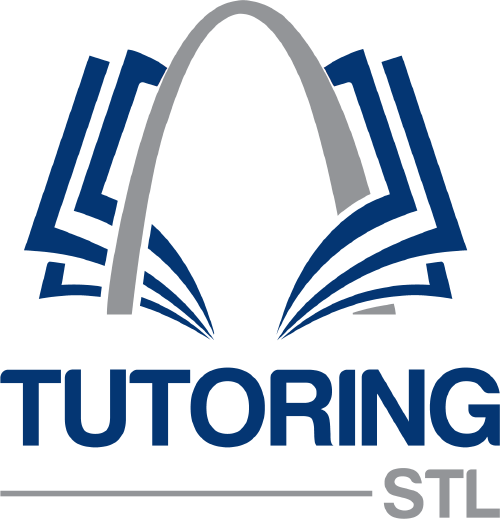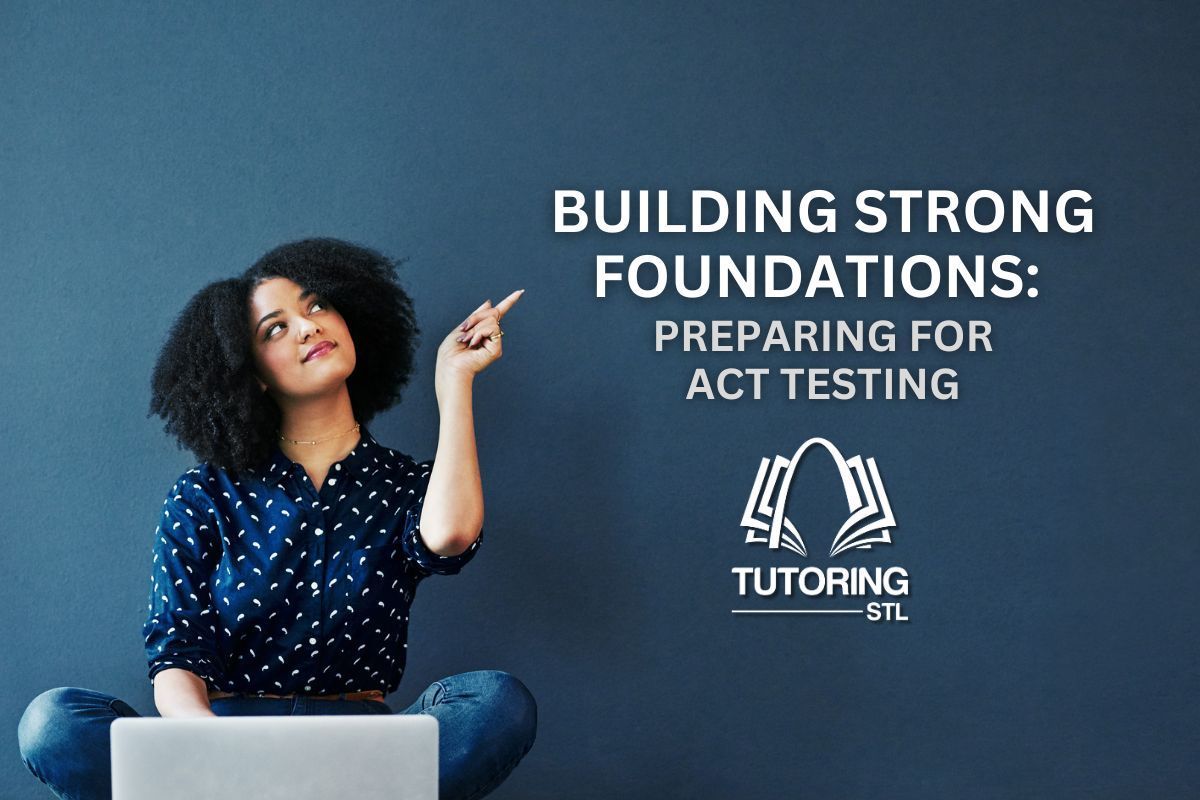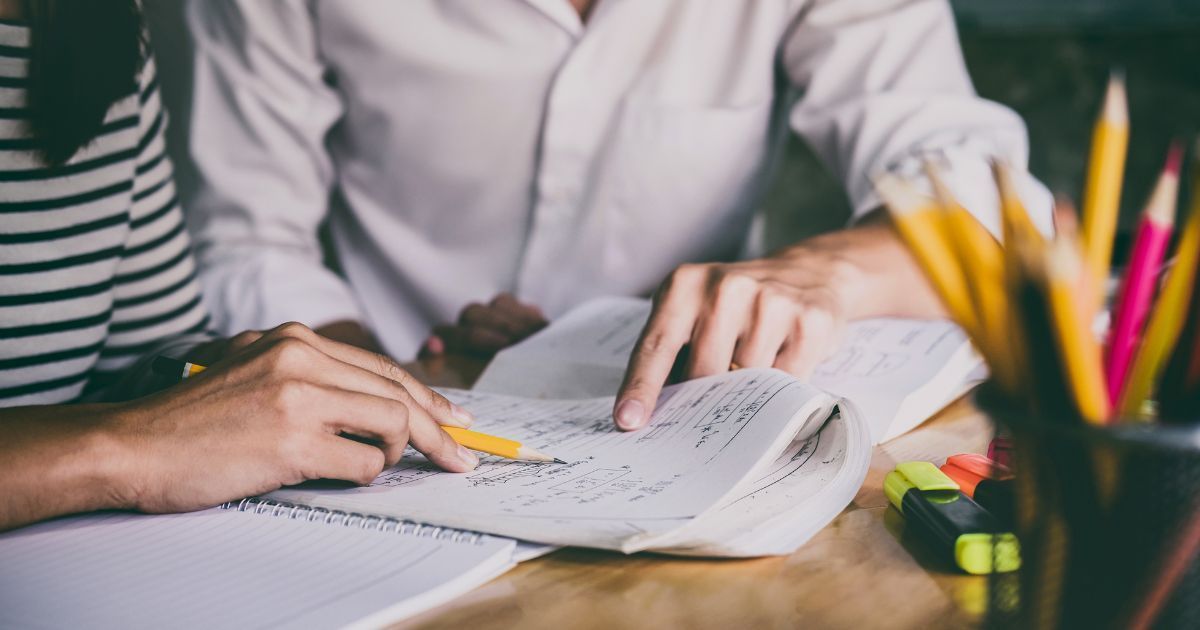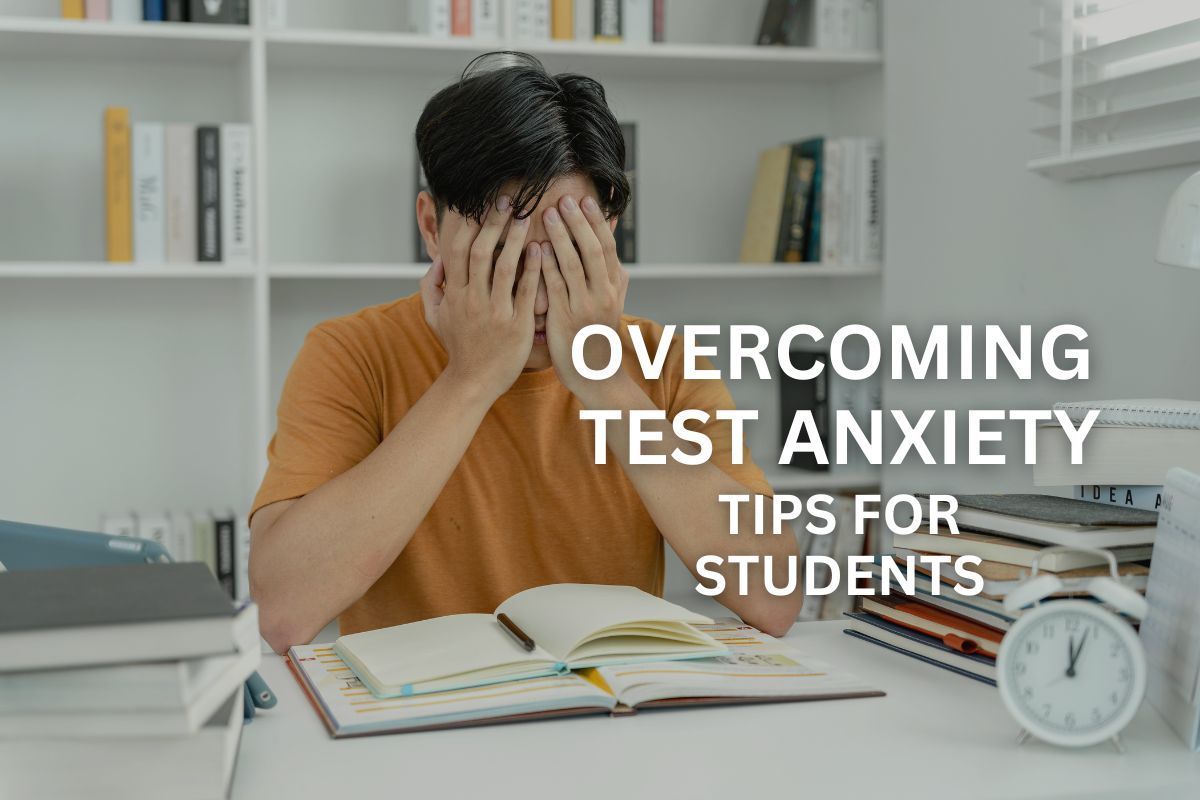
Overcoming Test Anxiety: Tips for Students
1. Be Prepared, but Not Over-Prepared
Imagine this: You're preparing for a test, and you've got mountains of textbooks, flashcards, and notes piled up around you. You're so deep in the study zone that you've forgotten the world outside. Now, it's okay to be prepared, but don't go overboard and bury yourself under a pile of textbooks taller than Mount Everest. Remember, quality over quantity. Your brain can only handle so much information at once.
2. Take Breaks, Not Naps
It's tempting to take a "short" nap during a study session. You close your eyes for just a minute, and the next thing you know, you've time-traveled three hours into the future. Instead of napping, take short breaks to stretch, get some fresh air, or do something fun to recharge your brain. Trust me; your brain won't thank you for confusing it with a nap during crunch time.
3. Embrace the Power of Visualization
Close your eyes and imagine yourself walking into the exam room cool as a cucumber, armed with knowledge, and ready to conquer the test. Visualization can help you build confidence and reduce anxiety. So, picture yourself acing that test, not accidentally wearing your pajamas to the exam hall (although that would be a hilarious story for later).
Cramming might seem like a good idea when time is running out, but it's the quickest route to panic town. Instead of squeezing all your studying into one night, spread it out over several days or weeks. This way, you'll retain information better, and your brain won't be as likely to stage a protest on exam day.
5. Make Friends with Mindfulness
Mindfulness is all the rage these days and for a good reason. It can help you stay present and calm, even in the face of a daunting test. Try deep-breathing exercises, meditation, or yoga to center yourself. And remember, it's about finding your inner Zen, not turning into a yogi overnight.

6. Buddy System: Find a Study Pal
Studying with a friend can be both fun and effective. You can quiz each other, share notes, and laugh at each other's ridiculous memory aids. Just make sure your study buddy isn't the type to break out into spontaneous dance parties when you're trying to focus. Unless, of course, dancing is your secret study weapon.
7. Banish Negative Thoughts
Imagine your brain as a grumpy roommate who constantly nags you about failing the test. It's time to kick that negative roommate out! Whenever self-doubt or negativity creeps in, counter it with positive affirmations. Tell yourself that you've got this and that you're as prepared as a superhero with an arsenal of knowledge.
8. Reward Yourself (with Food, Of Course)
Studying is hard work, and you deserve a reward. Treat yourself to your favorite snack after a productive study session. Just make sure it's not something noisy or messy, like chips that sound like a marching band in your study room or ice cream that melts all over your notes.
9. Get a Good Night's Sleep
I can't stress this enough. Sleep is your brain's best friend. Pulling an all-nighter might seem heroic, but it's more like setting your brain on fire and hoping it doesn't melt during the test. Aim for 7-9 hours of quality sleep before the big day. Your brain will thank you by functioning at its best.
10. Laugh It Off
Laughter is the best medicine, even for test anxiety. Watch a funny video, read a silly joke, or reminisce about that time in kindergarten when you wore your underwear outside your pants (we've all been there). Laughter not only reduces stress but also makes studying more enjoyable.
11. Ace Test Day Prep
On the day of the test, arrive early, but not so early that you become best friends with the janitor. Double-check that you have all the required materials, like pens, pencils, and your student ID. And don't forget to bring a water bottle, because dehydration is the silent enemy of test-takers.
12. Stay Positive, No Matter What
During the test, stay calm and collected. If you encounter a tough question, don't let it ruin your day. Move on to the next one, and come back to it later. Maintain a positive attitude and remember that one question won't make or break your entire future.
13. Utilize Study Aids
In your quest to conquer test anxiety, don't forget about the various study aids available to you. Flashcards, online quizzes, and study guides can be incredibly helpful. Flashcards are like bite-sized packets of knowledge, perfect for quick reviews. Online quizzes can make studying more interactive and enjoyable, and study guides provide a structured overview of the material. These tools can be a game-changer in your battle against test anxiety.
14. Seek Help When Needed
If test anxiety is really getting the best of you, don't be afraid to seek help. Talk to your teachers, professors, or academic advisors about your anxiety. They might have valuable advice or be able to offer accommodations like extra time for exams. Remember, there's no shame in seeking assistance when you need it. It's a sign of strength, not weakness.
15. Practice, Practice, Practice
They say practice makes perfect, and when it comes to exams, it's absolutely true. Consider taking practice tests under timed conditions to simulate the real test environment. This will help you become more comfortable with the format and reduce test-day jitters. Plus, it's an excellent way to identify weak spots in your knowledge that you can then focus on during your study sessions.
16. Build a Study Sanctuary
Having a dedicated study space can work wonders for your focus and productivity. Create a study sanctuary that's free from distractions. Whether it's a cozy corner of your room, a quiet library, or a coffee shop with the perfect background noise, find a spot that helps you concentrate. Make it your personal fortress of knowledge, where you can tackle any subject with confidence.
17. Stay Hydrated and Snack Smart
Proper nutrition and hydration play a crucial role in your cognitive function. On the day of the test, start with a balanced breakfast that includes protein and complex carbohydrates. Avoid excessive caffeine, as it can lead to jittery nerves. During breaks, hydrate yourself with water or herbal tea, and opt for healthy snacks like nuts, fruits, or yogurt to keep your energy levels steady.
18. Mind Your Posture
Believe it or not, your posture can impact your mental state. Sitting up straight can make you feel more confident and focused, while slouching might send signals of fatigue and defeat to your brain. So, sit like the scholarly superhero you are, with your back straight, shoulders back, and head held high.
19. Stay Updated with Test Details
Make sure you're well-informed about the test format, time limits, and any specific instructions. The last thing you want is to be caught off guard because you didn't know calculators were allowed, or worse, weren't allowed. Familiarity with the test logistics will help reduce anxiety on the big day.
20. Embrace Failure as a Learning Opportunity
Lastly, remember that setbacks and failures are not the end of the world. If you don't perform as well as you hoped on a test, don't beat yourself up. Instead, view it as a valuable learning opportunity. Analyze what went wrong, adjust your study strategies accordingly, and come back stronger for the next one. As they say, "The greatest teacher, failure is.
In Conclusion
With these additional tips, you now have a comprehensive arsenal for conquering test anxiety. Remember that everyone's journey is unique, and it may take some trial and error to find the strategies that work best for you. Test anxiety is a common adversary, but armed with preparation, positivity, and a touch of humor, you can tackle it head-on. So, go ahead, face those exams with confidence, and show them who's boss. Your success is just around the corner!
Search Post
Recent Insights


About Us
Experience the TutoringSTL difference today! We are here to guide students through this exciting and sometimes challenging journey, helping them succeed in academics, and in life.
Contact Information
Turtoring STL
(314) 626-5722
tutoringstl314@gmail.com
St Louis, MO
All Rights Reserved | Tutoring STL | Web Design By MBS
